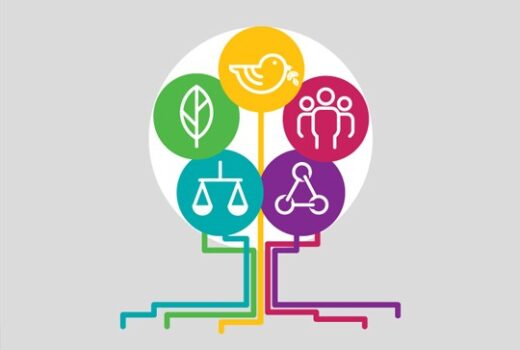Sharing as our common cause
Report / 4th December 2014This report demonstrates how a call for sharing underpins many existing initiatives for social justice, environmental stewardship, true democracy and global peace. On this basis, STWR argues that sharing should be more widely promoted as a common cause that can help connect civil society organisations and social movements under a united call for change.
A primer on global economic sharing
Report / 17th June 2014In an increasingly unequal and unsustainable world, governments must urgently move beyond the restrictive political and economic ideologies of the past and embrace solutions that meet the common needs of people in all countries. This primer outlines the extent of the interconnected global crises we face, and points the way towards an alternative approach to managing the world’s resources based upon international cooperation and economic sharing.
Financing the global sharing economy, part three (6): end support for agribusiness
Report / 1st October 2012Section 6 in part 3 of the report Financing the Global Sharing Economy demonstrates how shifting subsidy support away from agribusiness in OECD countries could form a major step towards meeting international development goals, and also contribute significantly to a fairer and more environmentally sustainable model of agriculture.
Financing the global sharing economy, part three (7): redistributing IMF resources
Report / 1st October 2012This section of the report Financing the Global Sharing Economy makes the case for redistributing the IMF’s assets through its Special Drawing Rights facility and gold sales. These modest proposals could help restore the IMF’s flagging legitimacy and prepare the way for more substantial reforms to the global economic architecture.
Financing the global sharing economy, part three (8): tax carbon emissions
Report / 1st October 2012This section of the report Financing the Global Sharing Economy argues that civil society must step up their advocacy for carbon taxes. With time for effective action to tackle CO2 emissions fast running out, carbon taxes remain an important policy tool for reducing climate change and financing mitigation and adaptation programs.


